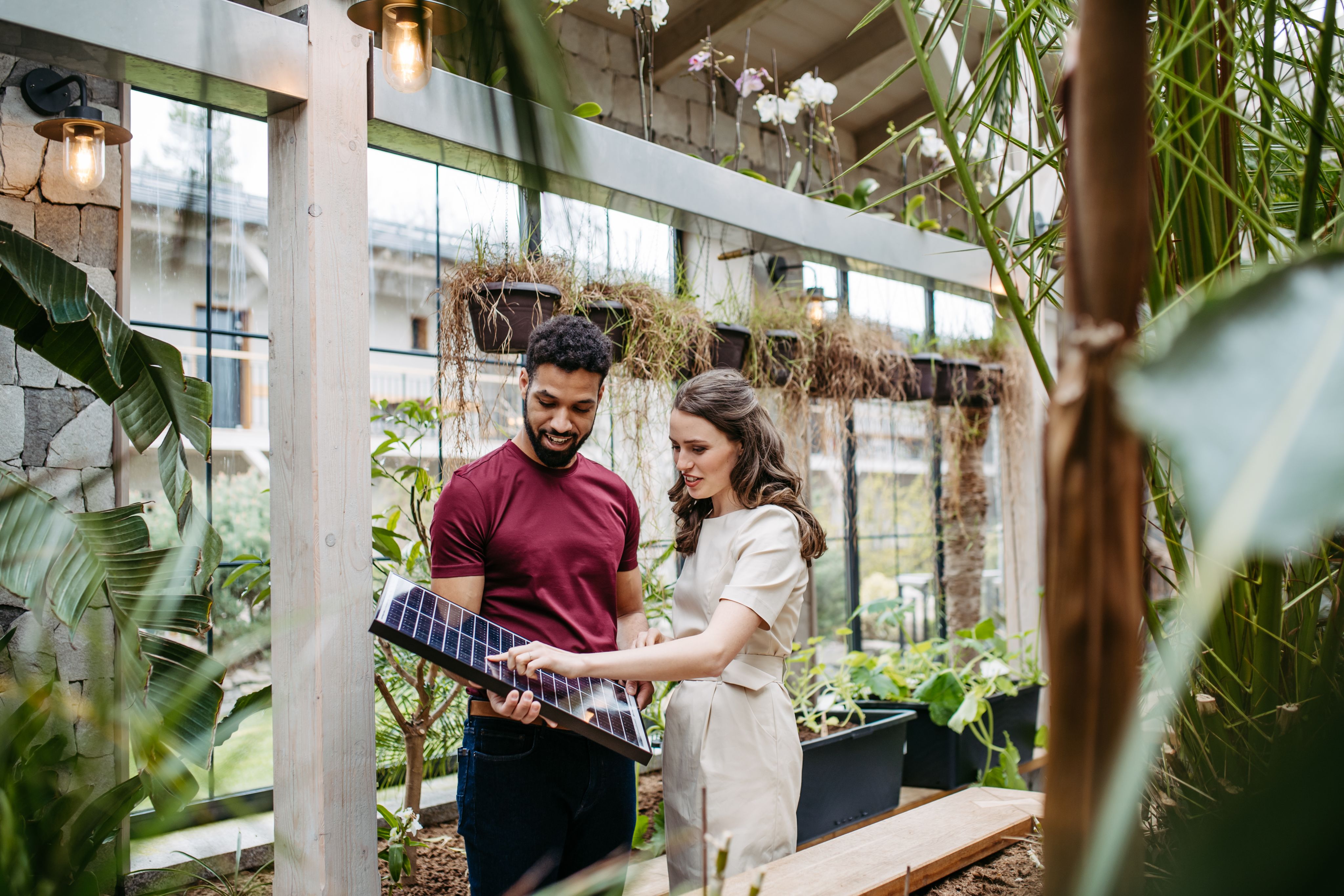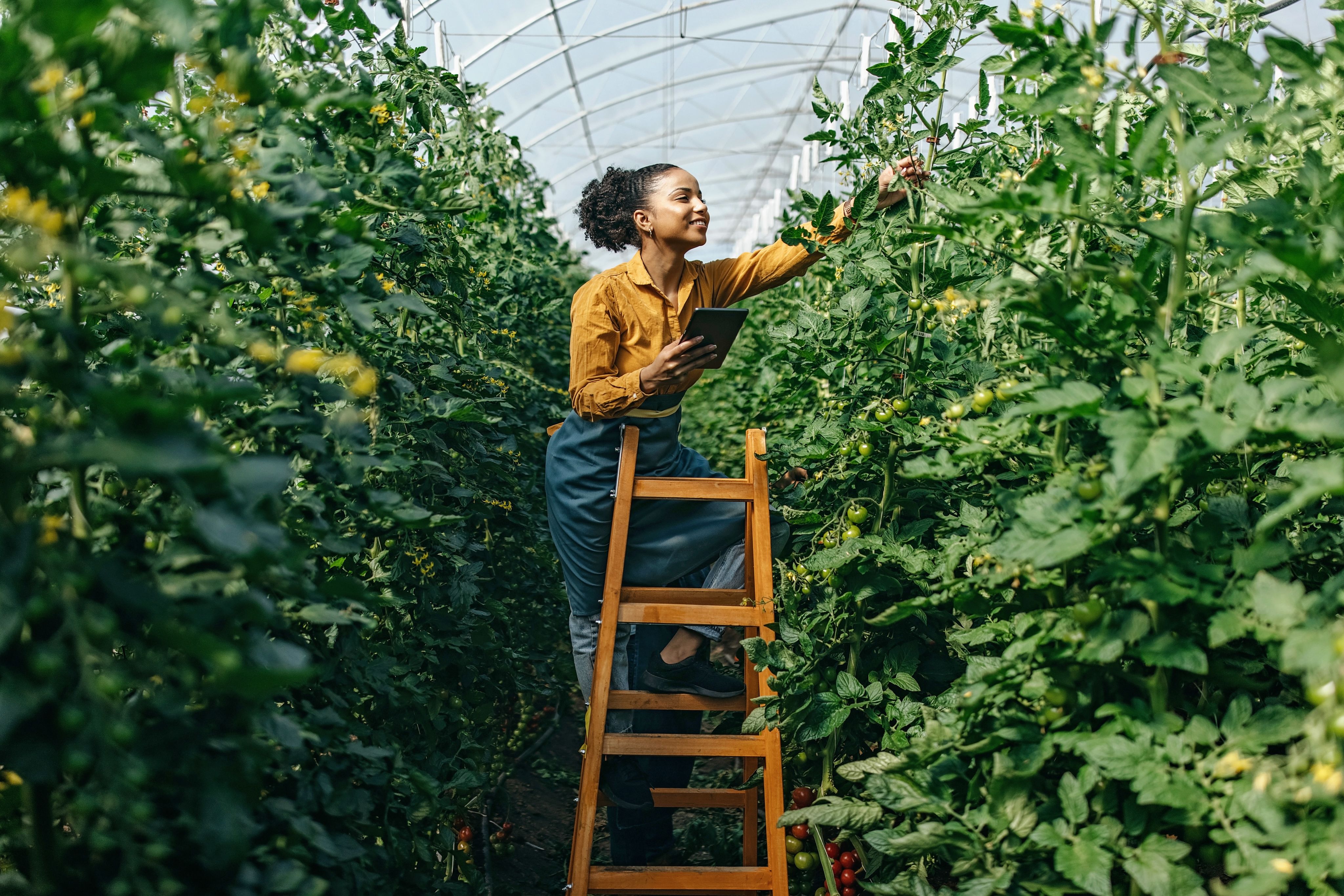LISTEN | Talking Green: Innovative ways SA businesses are addressing sustainability

Thula Zondi of GreenCape joins the Talking Green podcast to chat about some of the interesting ways SA businesses are addressing sustainability, as well as the sectors and industries benefiting from the green boom.
The global transition to a net zero emissions environment by 2050 is set to create new industries worth $10.3 trillion by that same year. The transition to a greener economy is not only good for the environment but for businesses as well.
"The green economy is not just a responsibility, it's a strategy imperative to effect positive change. It is not something that is happening in the distant future. It's something that is happening now. So companies should stop imagining and taking action now," says Thula Zondi, communications officer at GreenCape.
Zondi sat down with News24 as part of Talking Green - a 4-part podcast on business sustainability in partnership with Nedbank Commercial Banking. GreenCape is a NPO that gives market insights into sustainability trends. As part of the work they do, GreenCape works at the interface between government, business and academia to identify and remove barriers to economically viable infrastructure solutions in the green economy.
At the heart of the green economy is the ability to create jobs and service delivery to marginalised groups.
"[The green economy] considers itself as socially inclusive, creating jobs that are decent as well as creating alternative service delivery to the marginalized. Businesses in that sense can benefit because what the green economy does out of all of those things is look at profitability, which I think most businesses want. It gives them cost savings, it allows them to access opportunities and long-term viability," Zondi says.
Opportunity gap
Although there has been a huge uptake in the different forms of sustainability which feed the green economy, Zondi says that there is still an opportunity gap where urban agriculture is concerned. The urban farming market’s size was estimated at $213 billion in 2020, projected to grow at a compound annual growth rate of 2.8% during the forecast period 2021-2026.
“At the moment there is a very high uptake in urban agriculture when it comes to industrial hemp, mostly focusing on pharmaceuticals, construction and textiles. There’s a very big gap of opportunities in that sense,” says Zondi.
Zondi chats about other industries and sectors that are benefitting from the sustainability boom – as well as the best places for businesses to start investing in their own sustainability – including using its waste to the market benefit of another industry or sector.
Sustainability funding plays a huge role in filling the various opportunity gaps found in the green economy. South Africa’s green bank, Nedbank is a leading partner in sustainability funding and can offer business funding that is tailored to a business’ needs.
LISTEN to the podcast above to hear more about climate and visit Nedbank HERE to help you get started with sustainability funding.


